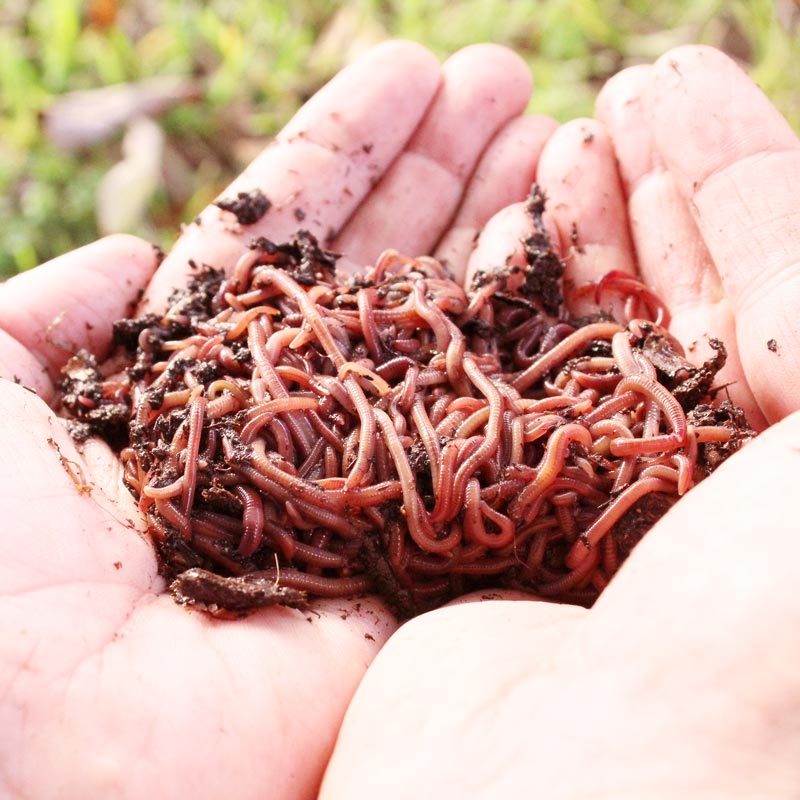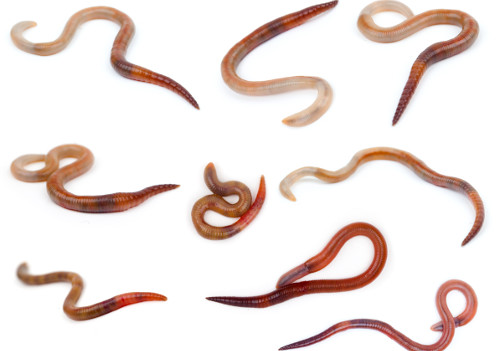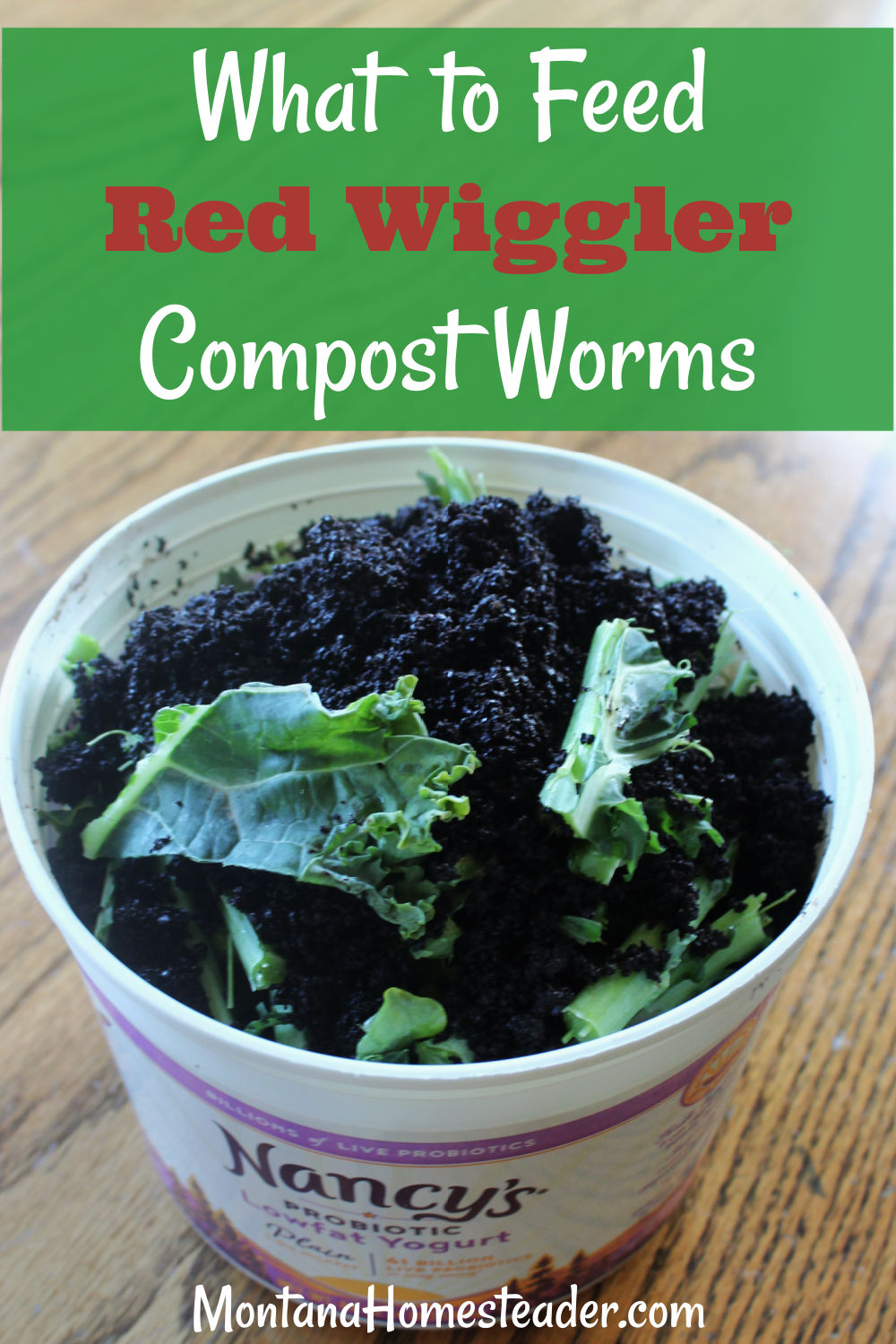Red Wiggler Worms Demystified: Opening the Keys of Vermiculture for Greener Living and Nutrient-Rich Dirt
In the realm of sustainable methods for enhancing dirt top quality and advertising eco-conscious living, red wiggler worms play a pivotal yet typically neglected role. Red Wiggler Worms. Understanding the details of caring for these worms, optimizing their environment, and utilizing their spreadings can lead to a greener way of living and healthier soil for plants to grow.
The Role of Red Wiggler Worms
Red Wiggler worms play an essential duty in composting systems by successfully breaking down organic issue into nutrient-rich castings. These starved eaters consume a range of natural products, such as kitchen area scraps, lawn waste, and paper products. As they feed, the worms' gastrointestinal procedures break down the raw material right into a penalty, dark, and nutrient-dense material called worm spreadings or vermicompost.
The castings created by Red Wiggler worms are highly advantageous for dirt health and wellness and plant development. They are abundant in crucial nutrients like phosphorus, nitrogen, and potassium, which are vital for sustaining healthy plant advancement. In addition, worm spreadings consist of valuable germs and enzymes that help improve soil structure, increase water retention, and enhance nutrient uptake by plants.
Advantages of Vermicomposting

Moreover, vermicompost, the nutrient-rich final product of vermicomposting, functions as an exceptional natural plant food and dirt conditioner. It boosts soil structure, boosts dirt oygenation, and increases dirt dampness retention. These properties contribute to much healthier plants with stronger root systems and far better resistance to diseases and insects. Vermicompost likewise improves the soil with vital nutrients like potassium, nitrogen, and phosphorus, promoting plant growth and overall dirt fertility.
Additionally, vermicomposting assistances lasting horticulture methods by giving a chemical-free and all-natural option to artificial plant foods. Red Wiggler Worms. This eco-friendly approach not just enriches the dirt however also aids reduce dependence on unsafe chemicals, promoting a greener and extra lasting way of gardening
Establishing a Worm Container
When developing a worm bin for vermicomposting, appropriate setup is essential to make certain the success of the composting procedure. The initial step in establishing up a worm container is picking have a peek at this website an appropriate container.
After including the bed linens, introduce the red wiggler worms to the bin. It is suggested to begin with a handful of worms and progressively raise as they increase. The worms ought to then be offered visit with food scraps such as fruit and vegetable peels, coffee grounds, and eggshells. It is essential to avoid adding meat, milk, oily, or salty foods to stop bring in insects and creating unpleasant odors.
Frequently check the moisture levels and temperature level in the worm container to make certain ideal conditions for the worms. With proper configuration and maintenance, the worm bin will properly convert natural waste into nutrient-rich compost for your plants and garden.
Gathering Worm Spreadings
To effectively collect nutrient-rich worm castings from your vermicomposting system, a systematic harvesting method is necessary. There are a few crucial actions to follow to guarantee a successful procedure when it comes time to gather the worm spreadings. Stop adding fresh food scraps to one side of the worm bin for a pair of weeks before collecting. This urges the worms to move sideways with fresh bedding and food, making it much easier to dig the castings from the other side.

Troubleshooting Common Issues
Recognizing and resolving usual challenges that might emerge throughout the vermicomposting procedure is important for maintaining a effective and healthy and balanced worm container. One usual issue that vermicomposters experience is overfeeding. Adding excess food scraps can cause an accumulation of dampness and level of acidity in the worm container, possibly hurting the worms. To stop this, feed the worms in moderation, ensuring that the food scraps are effectively broken down before including much more. One more concern is unpleasant smells rising from the worm container. Foul smells show anaerobic conditions, usually caused by overwatering or poor air flow. To treat this, change the dampness degrees by including completely dry bedding products like shredded newspaper or cardboard and rise aeration by transforming the bed linen consistently.
Furthermore, if the worm populace is declining or the worms appear undesirable, maybe as a result of environmental stressors such as severe temperature levels or pH levels. Monitoring these elements and making necessary modifications is crucial for the well-being of the worms. By fixing these usual issues immediately, vermicomposters can ensure a effective and smooth vermicomposting Homepage procedure while maintaining a flourishing worm populace.

Verdict
In final thought, red wiggler worms play a critical duty in vermiculture by breaking down organic issue into nutrient-rich soil. Establishing up a worm bin is necessary for successful vermiculture, and harvesting worm spreadings supplies important garden compost for horticulture.
As they feed, the worms' gastrointestinal processes break down the organic issue into a penalty, dark, and nutrient-dense material known as worm castings or vermicompost.
The spreadings produced by Red Wiggler worms are very beneficial for dirt health and plant development. Including excess food scraps can lead to an accumulation of moisture and level of acidity in the worm bin, possibly harming the worms.Furthermore, if the worm population is decreasing or the worms appear unhealthy, it might be due to environmental stressors such as severe temperatures or pH degrees. Setting up a worm container is vital for successful vermiculture, and harvesting worm castings gives beneficial compost for horticulture.
Comments on “Organic Composting with Red Wiggler Worms - Boost Your Garden's Growth”